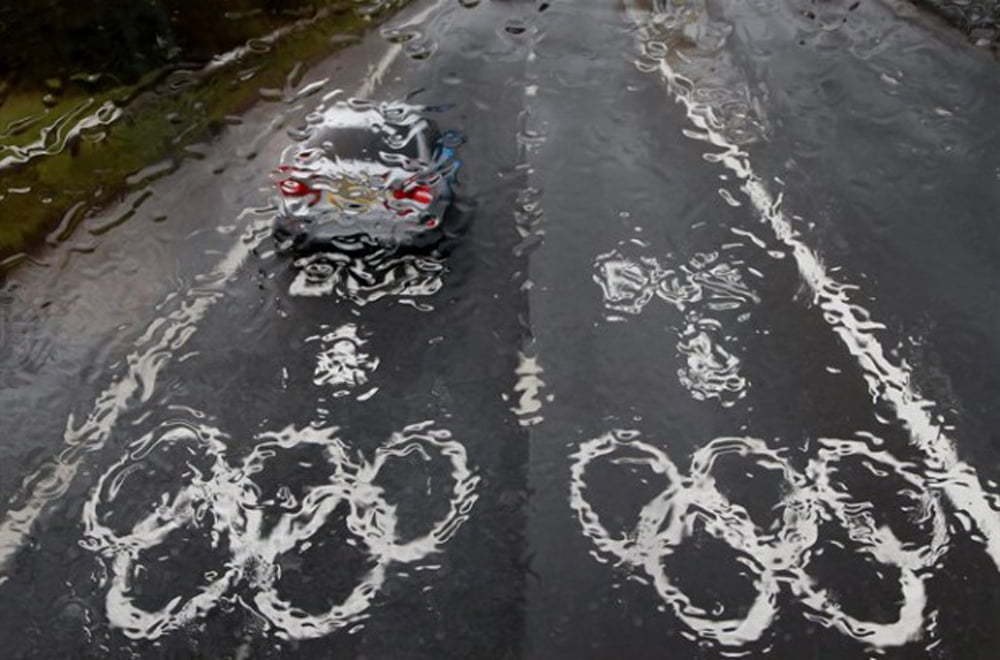Back in 2010, London’s mayor Boris Johnson announced that he wanted the legacy of the London Olympic games to be a 21st century transportation system. Now that the Games are over, it’ll be interesting to see whether London lived up to that promise. For now, lets take a look back at the transport legacies of some of the Olympic games from the past.
Vancouver undoubtedly is one of the biggest Olympic success stories. The city decided early on in its planning stages that if they wanted the Olympics to succeed, they had to decrease regular car trips by 30 percent. It was quite a lofty goal but Vancouver managed to pull it off.
According to Atlantic Cities, during the the 2010 Winter Olympic Games, transit trips jumped from 38 percent to 51 percent of the overall trips in the city, and walking and biking trips doubled. In all, over 60 percent of all trips made during the Olympics were made by walk/bike/cycle, up from 40 percent.
Even more remarkably, Olympics research found that over a quarter of those who tried transit, biking and walking during the games, continued to do so after the Olympics ended. The games’ most enduring legacy is the Canada Line, a subway that connects downtown Vancouver to the International Airport. It helped to ease commuter flows during the games and its ridership continues to rise.
Barcelona
Barcelona probably boasts the most impressive Olympic legacy. The 1992 Summer Olympic Games are renowned for putting Barcelona on the world map. This success largely has to do with the careful and well thought out planning and wise investment of funds by the city of Barcelona.
Of the £10 billion in public funds that were invested in the games, only 10 per cent went towards building new stadiums. The majority was spent on improvements to transport, housing, irrigation and re-shaping the city’s seafront. In addition, a new 30-mile road link was constructed that would not only speed athletes to events, but also alleviate road congestion after the games.
Athens
In spite of its reputation for having one of the least successful Olympic legacies, the Athens 2004 Olympic Games did make a few positive contributions to the city. In particular, Athens’ transit system received a much needed upgrade. New subway lines, a tram and suburban rail were constructed.
In addition, construction of the Athens metro unearthed numerous ancient antiquities, dating from the 8th century B.C. to the 19th century. Some of these included jewellery, ancient aqueducts and roadbeds, a Roman-era cemetery and more. Many of these have been left on display and now pedestrians can walk past the glass-enclosed remains, a reminder of their ancient past.
Atlanta
It’s been more than 15 years since the Atlanta Olympics, but the games are still remembered for being an unmitigated transport disaster. The transportation network during the games was quite disastrous. Bus drivers got lost and quit mid-route, and spectators fought for places on erratic and overcrowded train services.
When the London Olympic Committee started drawing up their transport plans for the 2012 games, you can bet that they looked at Atlanta as an example of what not to do.

